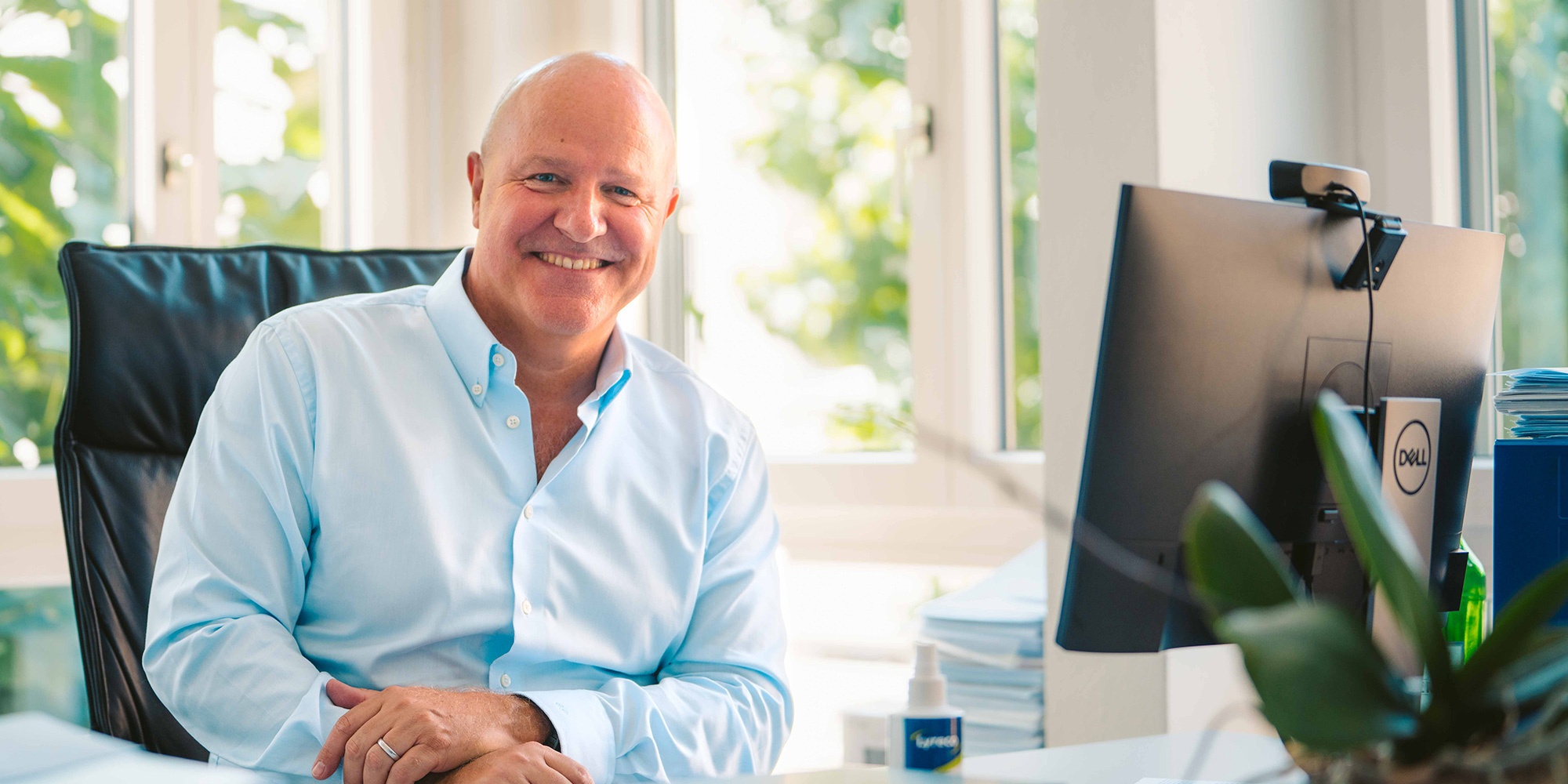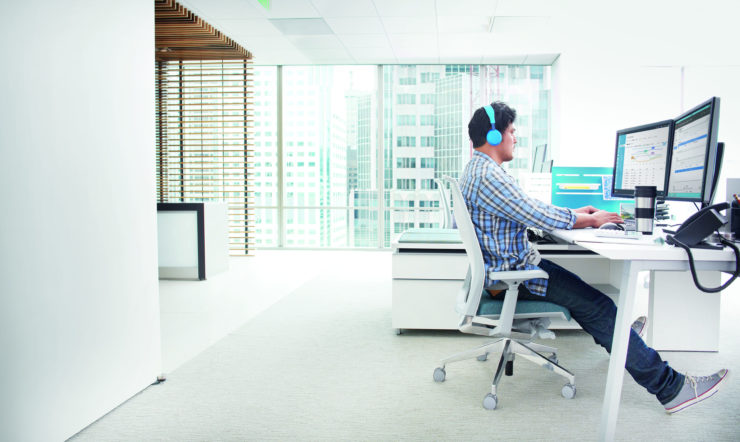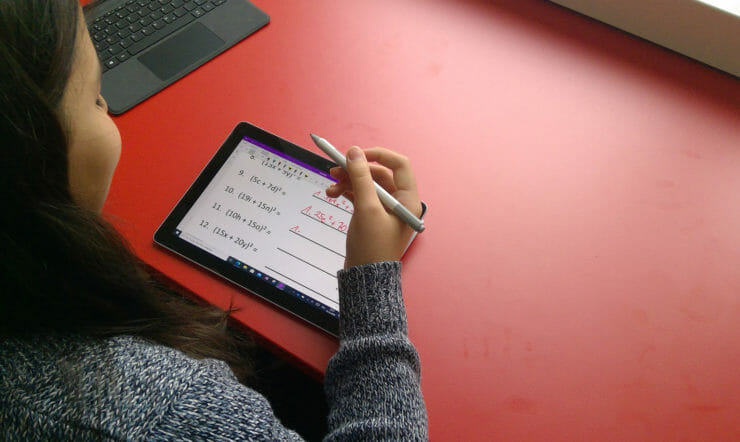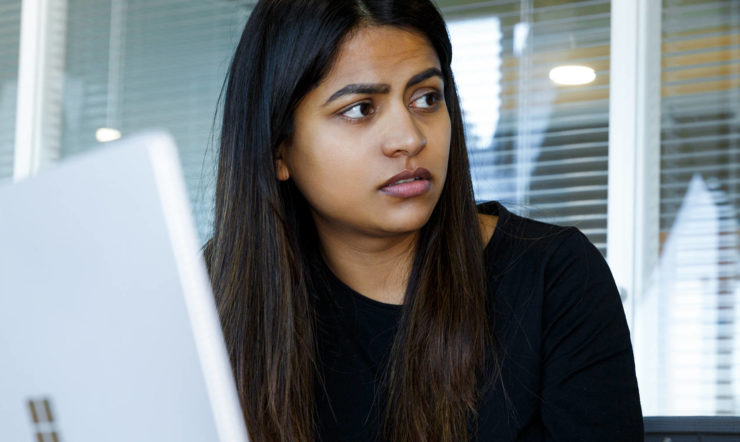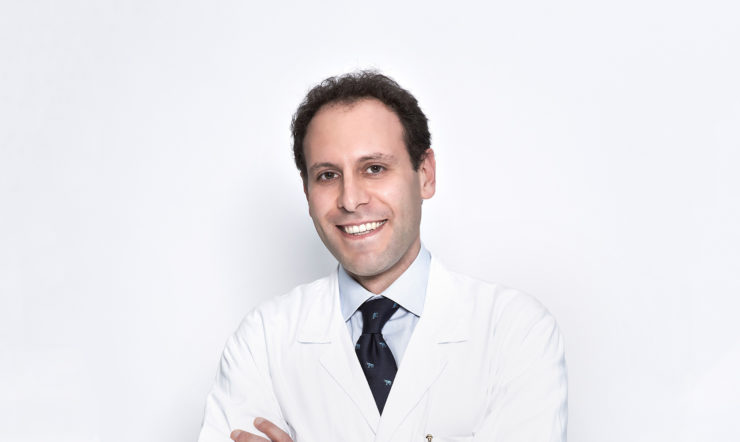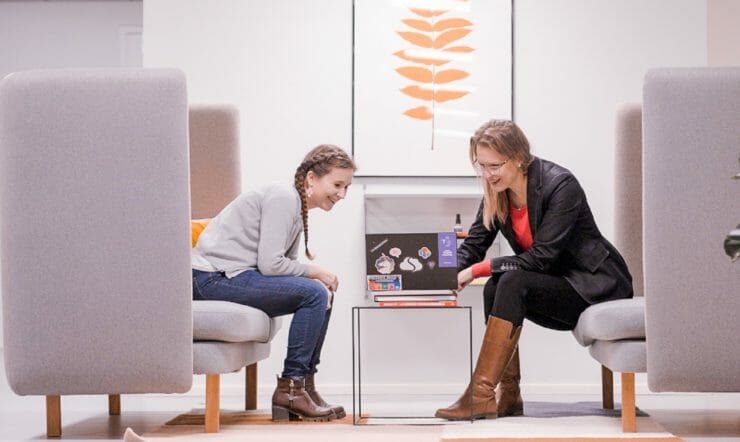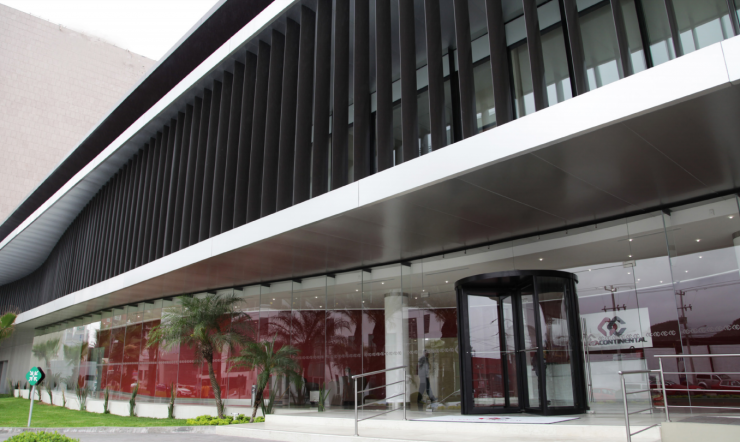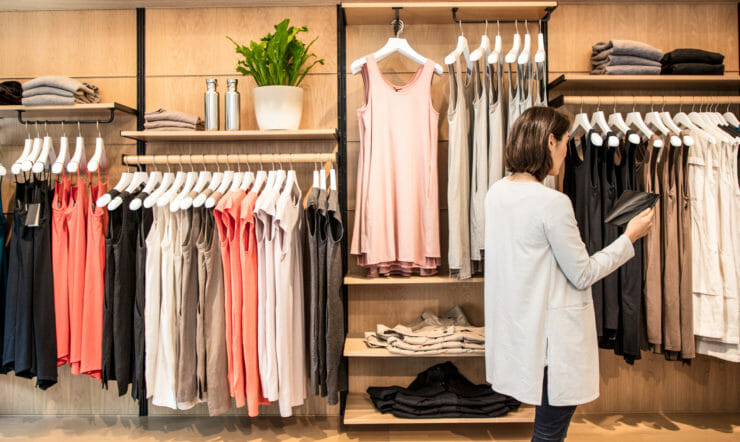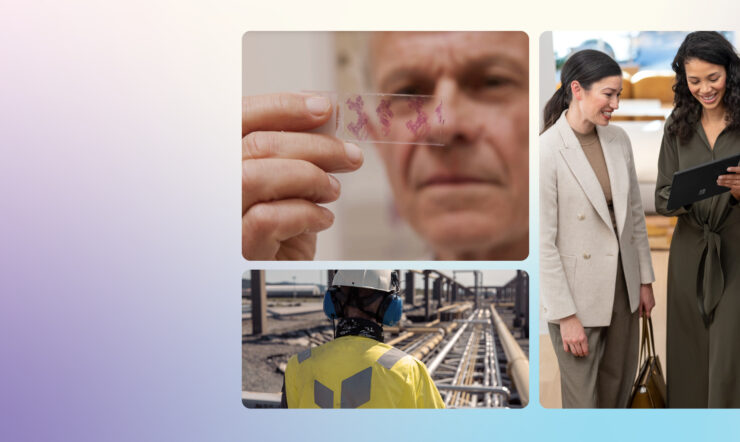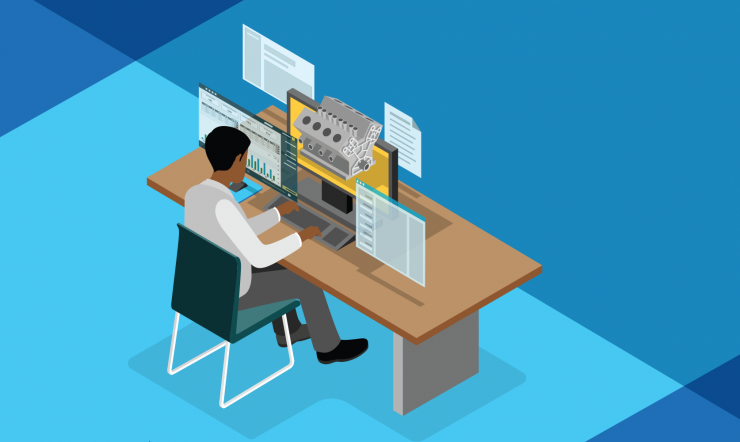“530 years ago, Leonardo Da Vinci attempted to define the quality of human life. Fast forward half a millennium and we are doing the same thing – just with different technology.”
Much like Da Vinci, Peter Ohnemus has grand ambitions for the role he can play in shaping human history. The CEO of global health and Insurtech solutions provider, dacadoo, is reflecting on the incredible journey his company has been on since he founded it a decade ago.
“We started in 2010 with the goal of making the world a healthier place,” says Ohnemus. “We wanted to be able to define human health in a single number between 0 and 1,000. So we started by hiring 27 data analysts who spent the next five years helping us reach that goal.”
The Health Score platform that dacadoo launched in 2015, after five years of deep research, has had a huge impact on the global Life and Health insurance industry, allowing insurance giants like Manulife and Aon to give their many millions of clients accurate and meaningful insights into their health and wellbeing.
And as the company has thrived and its products have multiplied, so the need for it to scale globally has increased. Moving to the cloud became the obvious solution.
“Microsoft was a natural choice for us because they are a partner that can really help us scale the Health Score and the dacadoo Health Engagement Platform globally,” enthuses Ohnemus. “We believe that Microsoft is a true technology provider that really wants the best for its clients.”
Opening the digital front door of life and health
dacadoo’s workforce has expanded beyond the original 27 data analysts that Ohnemus recruited in 2010. The Swiss company now employs 115 people in 7 countries – still a relatively small workforce for a company whose products reach a potential 200 million people worldwide.
“We service 35 of the 100 largest life and health insurance operators in the world,” says Ohnemus. “When you look at the huge companies dacadoo works with, you may well wonder why they would choose such a small company as their global partner.”
“The answer is simple,” he explains. “It is because we have built a Ferrari engine – our Health Score platform – and we have put our API around it. That means these companies can take our Ferrari engine and integrate it into their own personal health racing car, so to say.”
dacadoo’s Digital Health Engagement platform includes their acclaimed Health Score which is based on more than 300 million person years of data from scientific research and scores an individual’s health between 0 and 1,000.
“It provides a holistic view of your health, integrating any health tracker, biosensor or medical system you want to use to give you a real-time Health Score that you can view on your smartphone, laptop or smartwatch,” Ohnemus says.

And as the Health Score has become a global health standard, “just like your credit score,” dacadoo has diversified and expanded its product portfolio, producing the AI-based Lifestyle Navigator in 2016 – which contains 4,000 healthy living rules on things like activity, stress, sleep quality and nutrition – and the Risk Engine in 2018, which calculates the probability of both morbidity and mortality in real-time.
“We use AI and machine learning technology to show you how you can improve your life,” says Ohnemus in summary. “That is why these 50-, 100-, 250-billion-dollar insurance organizations are choosing dacadoo as the digital front door of their life and health offering going forward.”
Searching for greater scalability in the cloud
“When you are starting up, your focus is not on top-notch performance,” says Sandro Toneatto, Chief Technical Officer at dacadoo. “Instead, you focus on proving that your idea is correct, robust, secure and feasible.”
That is where dacadoo found itself in 2018, when the company was able to demonstrate the success of its three interconnected solutions. “We had a platform that was basically working as a pitching model,” says Toneatto. “We could take it to our customers and show them how it worked, but there comes a point when you have to think about scalability. That’s when we started looking at the cloud as our long-term solution.”
By the end of 2019, the team at dacadoo were investigating the jump to the cloud. “What we found at that point is that the health industry is mostly in favour of Azure compared to other cloud platforms, which are perceived to have conflicting interests with the industry,” says Toneatto.
“So Azure was the perfect match for us.”
To prepare for the move, dacadoo hired a team of experts to help them. “It was a steep learning curve for us, but we had some great support from Microsoft to help us to move everything to the cloud,” says Toneatto.
It was a two-stage process. The first part was what Toneatto terms “a lift and shift” as dacadoo moved much of the data from the localized data centres it had previously been using to the cloud. But once that first phase was finished, the company realized they could use the cloud to do more.
“The real revolution for us has been in the last 6 months or so, when we have moved towards becoming cloud-native,” says Toneatto. “So we can leverage more functionalities – go for zero-trust environments. And we have invested a lot of money into CI/CD automation and infrastructure as code too.”
It is a move that has brought great benefits to the company.
A secure and scalable service in the cloud
Companies involved in the use of data around health and lifestyle are understandably cautious when it comes to data security, privacy and management. “When we started the company, no healthcare operator worldwide wanted anything to do with the cloud,” recalls Ohnemus.
“Security was such a concern that established wisdom said you needed to have your own private data centre. Our first data centre was literally built into the Swiss Alps, where it was thought to be most secure.”
But over time, things changed. Confidence around the security and reliability of hyperscale cloud platforms has grown.
“The investment that Microsoft makes into security is much higher than what a small hosting provider could ever provide,” says Toneatto. “That is something the industry has come to understand very clearly in the past couple of years.”
But it is not just the enhanced security of Azure that is helping dacadoo do more for their customers. It is also the scalability. “Running on Kubernetes on Azure gives us the capacity management abilities that we need to make big customers grow,” explains Toneatto.
“You must try to imagine the scale we are talking about. A customer might call us and say, ‘Tomorrow, I want to onboard my user community in Thailand.’ That’s like 30,000 or 40,000 users that might just be added to their platform. With Azure we can activate a new environment for them from scratch in just a couple of hours, where previously it might have taken two weeks.
“And our engineers love it,” he adds. “Due to the change of paradigm, which has altered the way they write and deploy software, there’s been a positive change to their workload. So they can really focus on writing software instead of taking care of 1,000 other things like they had to do before.”
A company fit for future generations
Talking to Ohnemus and his team, you get a sense of a company that is paying attention to global trends around health, nutrition and lifestyle – and responding with products that match the expectations of tomorrow’s customers.
“I’m 55 years old,” says Ohnemus. “And I believe the change society is going through right now is the single largest change we’ve seen since the Second World War. And I’m not saying this because of COVID-19, I’m saying it because I have kids between the ages of 18 and 26.
“That generation is what I call the stakeholder economy generation,” he continues. “In my generation, it was about getting your driving license, having your first car. But the consumer of the future will be a lot more engaged. They will care about issues we didn’t, asking questions like ‘Should we eat meat? Is this good for the environment? Is it sustainable? Is that good for your health?’ What we are witnessing is a major change in behavioural science.”
In Ohnemus’ vision, dacadoo will continue to develop products that cater to this ‘stakeholder economy generation’, integrating a voice element into their Health Score and Lifestyle Navigator so that the apps can advise you to make better lifestyle and nutrition choices in real-time.
“My hope is that in five or ten years’ time people start caring more about their health, that they start caring more about each other, that we look after each other more,” says Ohnemus.
“Because I really believe we need to change the world into a better place.”
Learn more about dacadoo by visiting their website.


